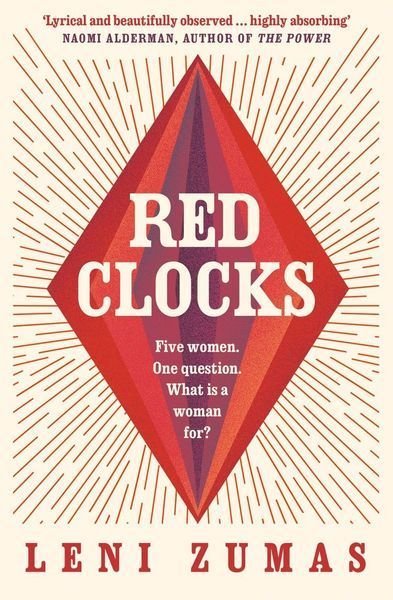
Reviews
Heather Margaret@heatherdarling
Matt Stein@mattstein
jillian tenner@jilliantenner
Anna Campbell@ajcampbell
Moray Lyle McIntosh@bookish_arcadia
Metal shadowhunter @killjoynephilim
Casie Blevins@casiepaws
Alyssa Jacunski@unread-shelves
cygnoir@cygnoir
Jessie G@as_travars
Bruna Acioly Leão@bruna
Paige Wanner@turntopaige22
Megan Parrott@meganparrott
Monicap@insult_the_glory
Lindsy Rice@lindsyrice
Yasmin@yasamarante
Jazelle H@battyaboutbooks
Rosie Yakob @rosieyakob
Emily@emilydreadful
Ana Hein@anahein99
Satya Nelms@satyanelms
Rosie Yakob @rosieyakob
Pearl Bechard@pearlbechard
Emily Perkovich@undermeyou